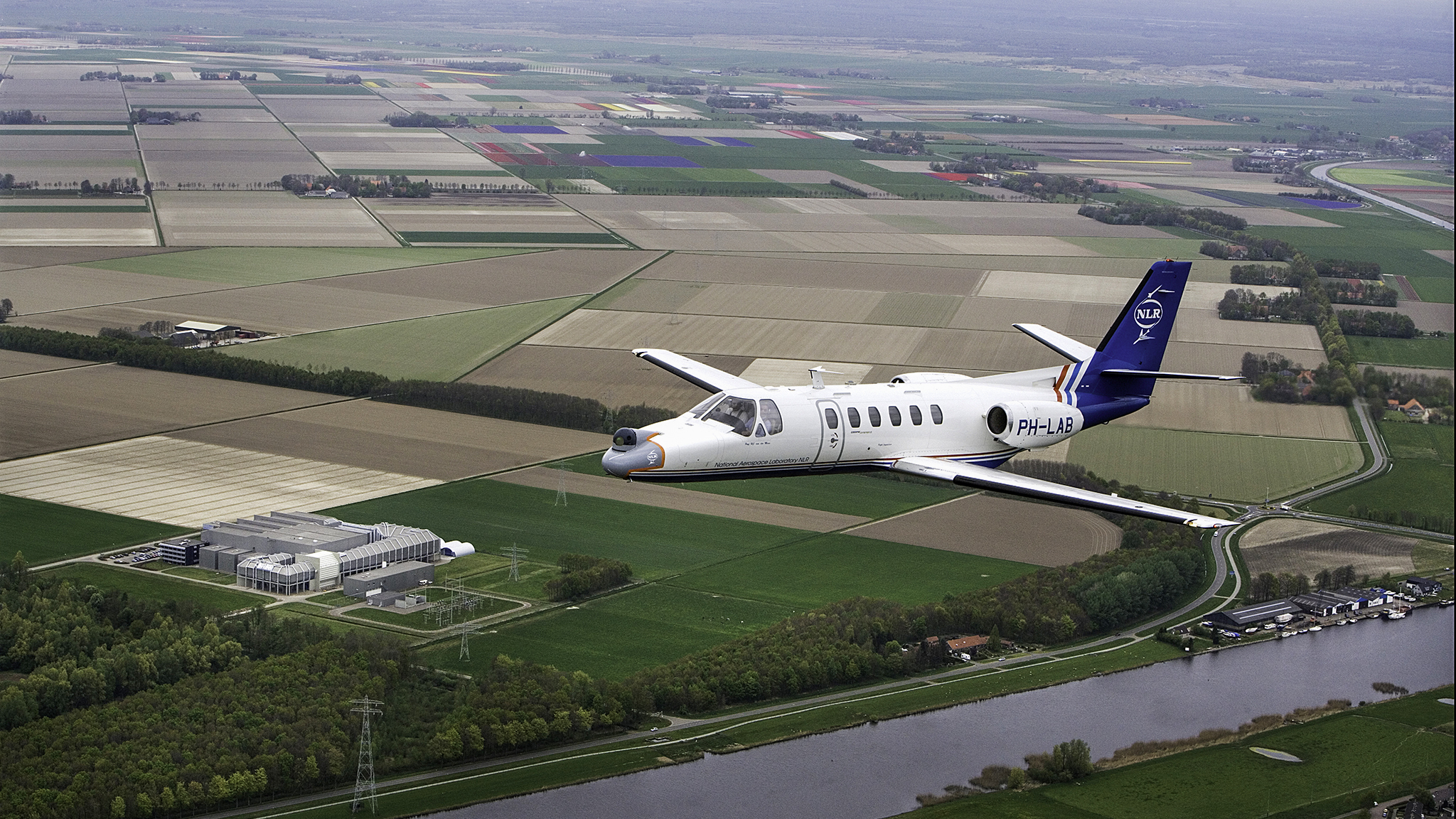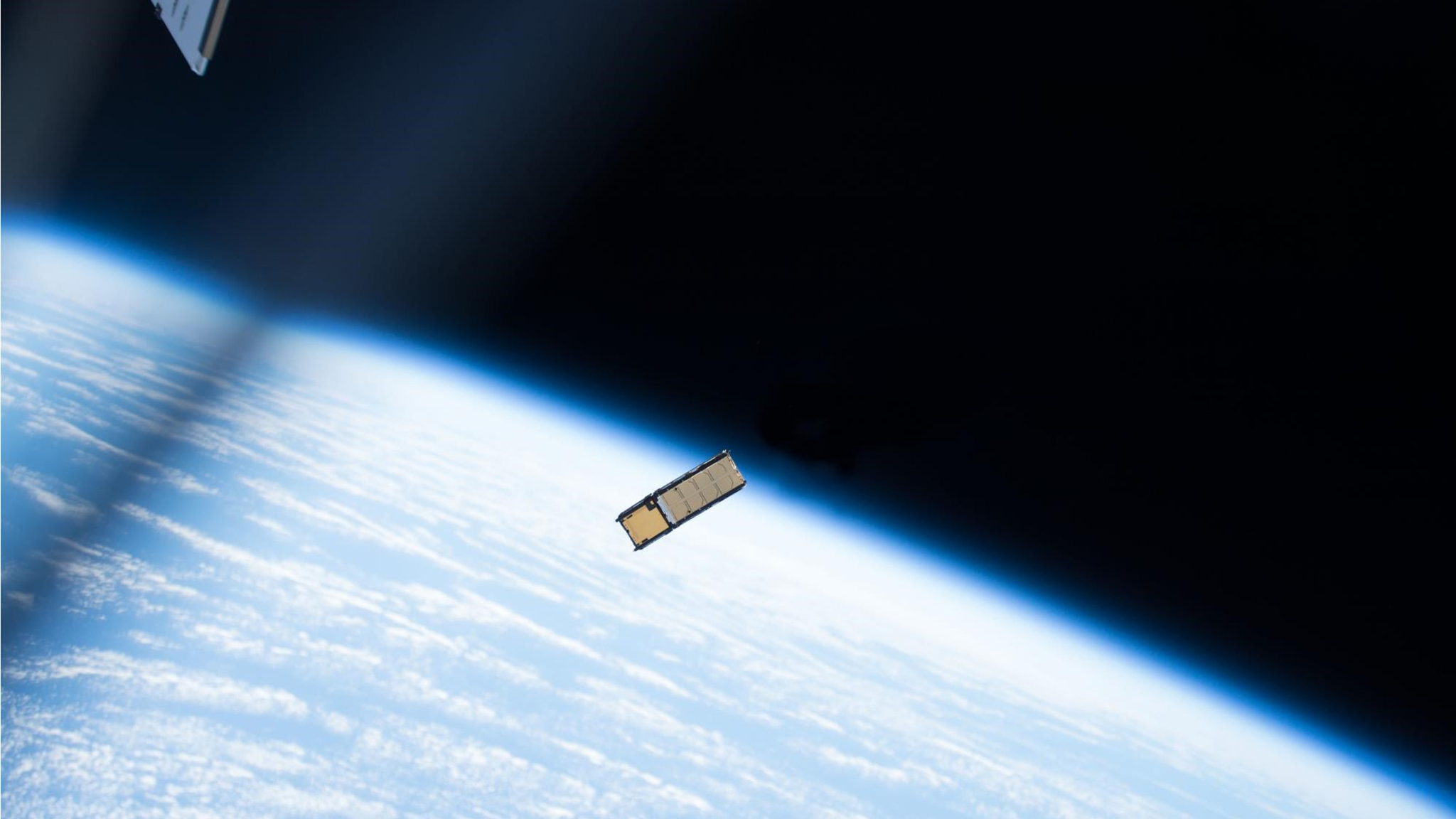As part of the battle to address the coronavirus crisis, the government has made 150 million euros available for innovative projects in the aviation, maritime and automotive sectors. To be eligible for a proportion of that Mobility Fund, projects need inter alia to help make aviation greener, fit within the intended transition to alternative energy carriers and help encourage the recovery of the economy. In addition, the preference of the Netherlands Enterprise Agency (RVO) and the Ministry of Economic Affairs and Climate Policy – the subsidy provider – is for projects that focus on sustainability improvements, digitalisation and smart solutions. At the same time, the RVO is encouraging cross-sectoral solutions that could be applied outside the sector developing them.
Project proposals
With an eye on sustainable aviation and smart mobility, various consortiums under the auspices of the sector organisations LRN (Lucht- en Ruimtevaart Nederland) and NAG (Netherlands Aerospace Group) submitted ten project proposals to the RVO this summer. Over recent months, NLR has worked out various proposals in detail, collaborating closely with partners from the aviation sector and elsewhere, including some that would also benefit the maritime sector.
More specifically, there is a project proposal looking at developing knowledge and innovation for hydrogen fuel cells, which present a promising opportunity for effective emission reductions in future aircraft. Another proposal is for new forms of aircraft maintenance such as predictive maintenance and health monitoring that will be needed for the new materials and construction concepts that are going to be used for making aeroplanes, helicopters and other aircraft as light, robust and circular as possible.
The other project proposals focus on aspects such as new applications of thermoplastics, use of a composite tank for storing liquid hydrogen safely in places, controlled electrification of aircraft, the development of future sustainable mobility concepts, digitally controlled manufacturing of lightweight components and many other techniques and innovations that will make aviation greener.
Cooperation
Where possible, the innovations will also be tackled in collaboration with other sectors.
A project proposal for improving the aerodynamics of primary wings could also be an opportunity for the maritime and automotive industries, and another project proposal is for research into the potential for utilising wind power in shipping.
“The energy and creativity across the sectors had been inspirational. Thanks to the Mobility Fund, everyone is being encouraged to innovate more cohesively.” – Aad Veenman, frontman for the Topsector Logistiek and chair of the board of LRN.
For preparing and detailing the project proposals, NLR was able to benefit nicely from its traditional role in the aviation sector, which allowed it over recent months to steer or add substantive content to a large proportion of the projects submitted.
“We’re past masters in testing materials, building prototypes and trialling solutions in the field. In practice, we’re like a design house for the industry.” – Michel Peters, CEO of Royal NLR
NLR is collaborating in these projects as part of various consortiums containing not only large companies, SMEs and start-ups but also various players from outside the aviation sector in order to achieve results that will have broader economic and socially favourable effects.
“The collaboration on the projects went well despite the large numbers of parties involved. That was above all thanks to the overarching umbrella provided by the centres of expertise.” – Michel Peters, CEO of Royal NLR
About the Mobility Fund
The Ministry of Economic Affairs and Climate Policy has made a subsidy budget of €150 million available for R&D projects that will help make the three mobility sectors (maritime, automotive and aviation) greener and digitalise them further. This arrangement (the ‘Mobility Fund’) is how the Dutch government is aiming to kill two birds with one stone: on the one hand, this regulation will limit the negative effects of the coronavirus crisis on organisations in those sectors and, on the other, it will accelerate the urgently needed transition to greener mobility and strengthen the international competitive position of the aviation, automotive and maritime industries.
An advisory committee appointed by the governmental authorities is assessing the proposals and will issue its recommendations in October. Based on that, the Secretary of State will decide which projects will be subsidised.



